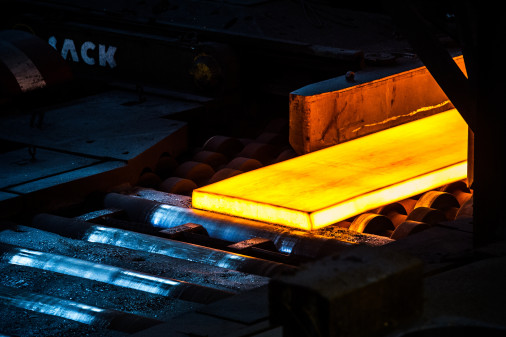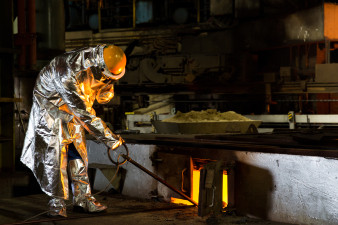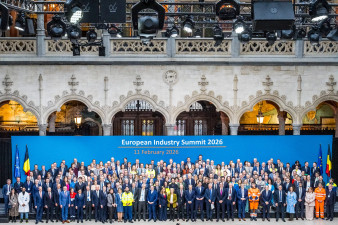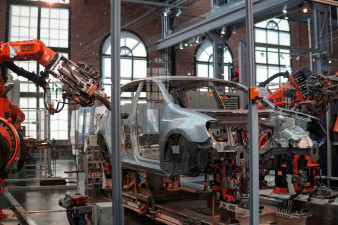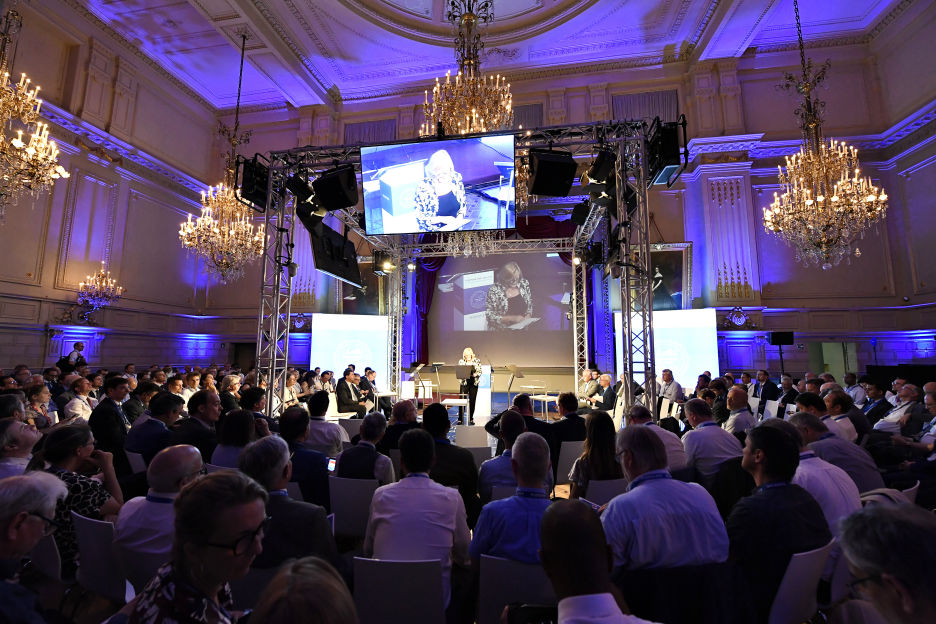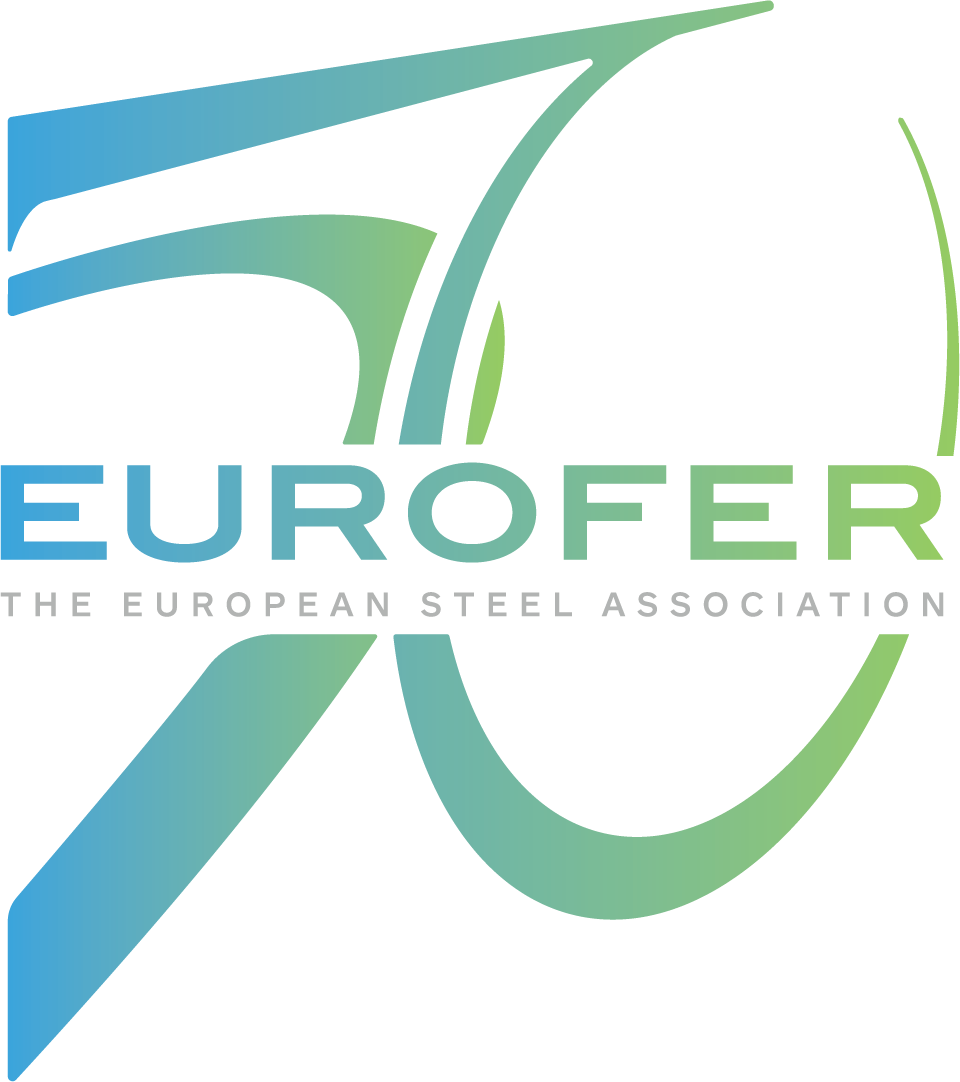About steel
An industry at the heart of the EU economy
Steel is the most versatile industrial material in the world. The thousands of different grades and types of steel developed by the industry make the modern world possible.
Steel is 100% recyclable and therefore is a fundamental part of the circular economy.
As a fundamental engineering material, steel is also an essential factor in the development and deployment of innovative, CO2-mitigating technologies, improving resource efficiency and fostering sustainable development in Europe.
